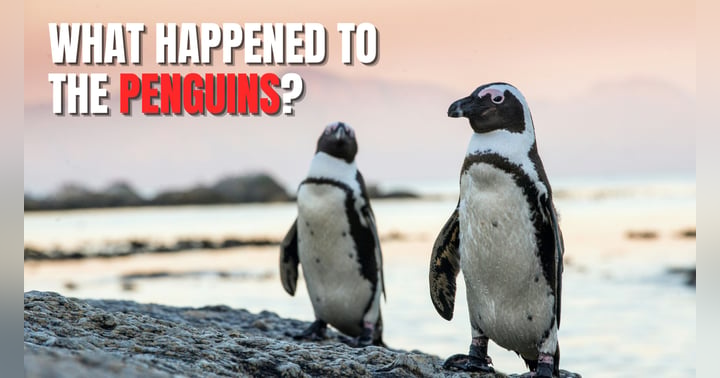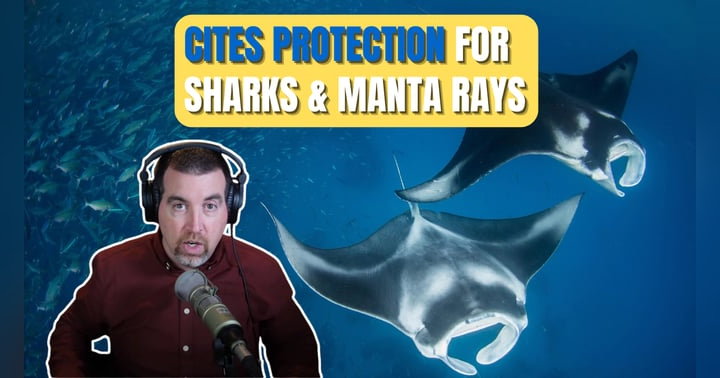ECONCRETE: An Innovative Solution for Protecting Marine Life

ECONCRETE is a business idea founded by Dr. Ido Sella, a marine biologist, and entrepreneur, with the aim of creating environmentally beneficial concrete. Dr. Sella recognized the need for concrete structures that could support and promote the growth of biological forms, as traditional concrete does not provide a suitable environment for organisms to thrive.
Concrete is commonly used in structures like sea walls and coastlines to protect against erosion and maintain their integrity. However, these structures often lack complexity and fail to provide a natural habitat for marine life. Econcrete addresses this issue by developing concrete materials that facilitate the growth of bacteria, algae, and other microorganisms, as well as larger biological forms like corals. This promotes the colonization of concrete structures and creates a more diverse and natural marine ecosystem.
The ability of ECONCRETE to support biological forms is significant for the environment. By providing a substrate for organisms to grow on, Econcrete contributes to the biodiversity and health of marine ecosystems. This is particularly important in areas where concrete structures are prevalent, as it allows for the creation of habitats and the restoration of marine life. Additionally, the growth of biological forms on concrete can help mitigate the negative environmental impacts of traditional concrete, such as carbon dioxide emissions during production.
Econcrete's innovative approach to concrete production highlights the importance of creativity and scientific inquiry in addressing environmental challenges. By questioning existing processes and seeking improvements, Econcrete aims to create a more sustainable and environmentally-friendly alternative to traditional concrete. Through their research and application of concrete materials, Econcrete hopes to contribute to the preservation and protection of marine ecosystems.
In the episode, the host asks the guest, Dr. Ido Sella, for advice to give to young marine biologists and early career scientists interested in applying their research to benefit the planet. Dr. Sella emphasizes the importance of being open-minded and exploring different paths, even if they may not seem directly related to marine biology. He shares his own experience of connecting construction and marine biology, highlighting that seemingly unrelated interests can be combined in unexpected ways to make a positive impact.
Dr. Sella encourages young scientists to pursue their interests, even if they are unsure of their path forward. He suggests that if someone is torn between a career in science and another passion, such as acting, there is a middle ground where they can find a way to connect their interests. Dr. Sella believes in being an interdisciplinary learner and encourages young scientists to choose the path they are passionate about, trusting that they will find a way to connect their interests and make a difference.
Overall, the episode emphasizes the importance of being open-minded, exploring different paths, and not being afraid to combine seemingly unrelated interests. It suggests that young marine biologists and early career scientists can make a positive impact by following their passions and finding innovative ways to connect their interests with their research.
In the episode, Dr. Ido Sella highlights the importance of having a diverse skill set and being a technical person in the field of marine biology and entrepreneurship. He emphasizes the value of being able to handle technical issues and seamlessly switch between being a scientist and a technical person. Dr. Sella believes that being a "jack of all trades" is beneficial in his company, as he seeks employees who can effectively handle technical issues and communicate scientific results to different audiences.
Effective communication is also emphasized by Dr. Sella as a crucial aspect of marine biology and entrepreneurship. He stresses the importance of communicating scientific research results in a proper manner to different listeners. This suggests that the ability to effectively communicate scientific findings is a valuable skill for individuals in the field of marine biology and entrepreneurship.
Overall, the episode suggests that being a technical person, possessing a diverse skill set, and effectively communicating scientific results are valuable qualities for those in the field of marine biology and entrepreneurship. These qualities contribute to success in scientific research and the application of research to benefit the planet.










